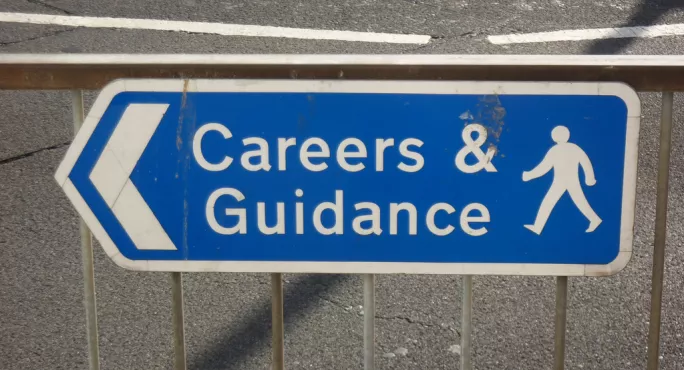Patchy careers advice in schools is damaging the future prospects of children from the most disadvantaged backgrounds, a parliamentary report on social mobility has found.
The report, The Class Ceiling, published by the All Party Parliamentary Group on Social Mobility today, also calls for employers to take account of the “underperforming schools and less advantaged neighbourhoods” of applicants from disadvantaged backgrounds.
Justin Madders MP, chair of the group, said: “If the current government is serious about improving access to top jobs for those from less advantaged homes, they need to take a much more strategic approach.
“This means linking the work of schools, universities and employers to build a real business case and practical plan for improving social mobility.”
The report cites evidence from the mentoring charity Brightside saying “patchy provision” of careers advice in state schools means disadvantaged young people were less likely to apply to the most selective universities, or study the facilitating subjects they need to get into them.
The report called for careers advice for young people to be “significantly improved”, and added: “The quality of careers advice in schools is too varied, leaving young people unaware about steps to build a career especially in the most selective professions.”
In December 2014, the then education secretary Nicky Morgan announced the creation of the Careers and Enterprise Company (CEC) to help schools with careers advice.
The report found that, two years on, the organisation had “barely emerged from its infancy and impact on the ground has understandably been limited to date”.
It added: “It was noticeable that none of those who gave oral evidence to this inquiry mentioned the CEC, which indicates the work that it still needs to do.”
The report also raised concerns about the disparity in the use of work experience between state and independent schools.
It said state school pupils were almost twice as likely as their private school counterparts to undertake work experience aged 14-16.
‘Contextual recruitment’
However, the situation is reversed for the 16-19 age group, where 52 per cent of students at independent schools did so, compared to 18 per cent in state schools.
The report says: “Given the dominance of the top professions by independently educated pupils it is concerning that state educated 16-19 year olds are not receiving as much work experience as their independently educated peers, just when many will be considering their career pathways.”
It also called for employers to use “contextual recruitment” which places a candidate’s attainment “in the context of disadvantage, including underperforming schools and less advantaged neighbourhoods”.
The practice sees employers consider information such as an applicant’s personal and educational background - including judging their performance relative to their school’s average performance - and relevant skills and performance, demonstrated through “a range of contexts, including inclusively conducted assessments and interviews”.
It says this would recognise that four As and four A*s at GCSE was below average for St Paul’s Girls’ School, while the same grades at Greig City Academy in Hackney would be a greater achievement.
The Department for Education has been contacted for comment.
Want to keep up with the latest education news and opinion? Follow TES on Twitter and like TES on Facebook




